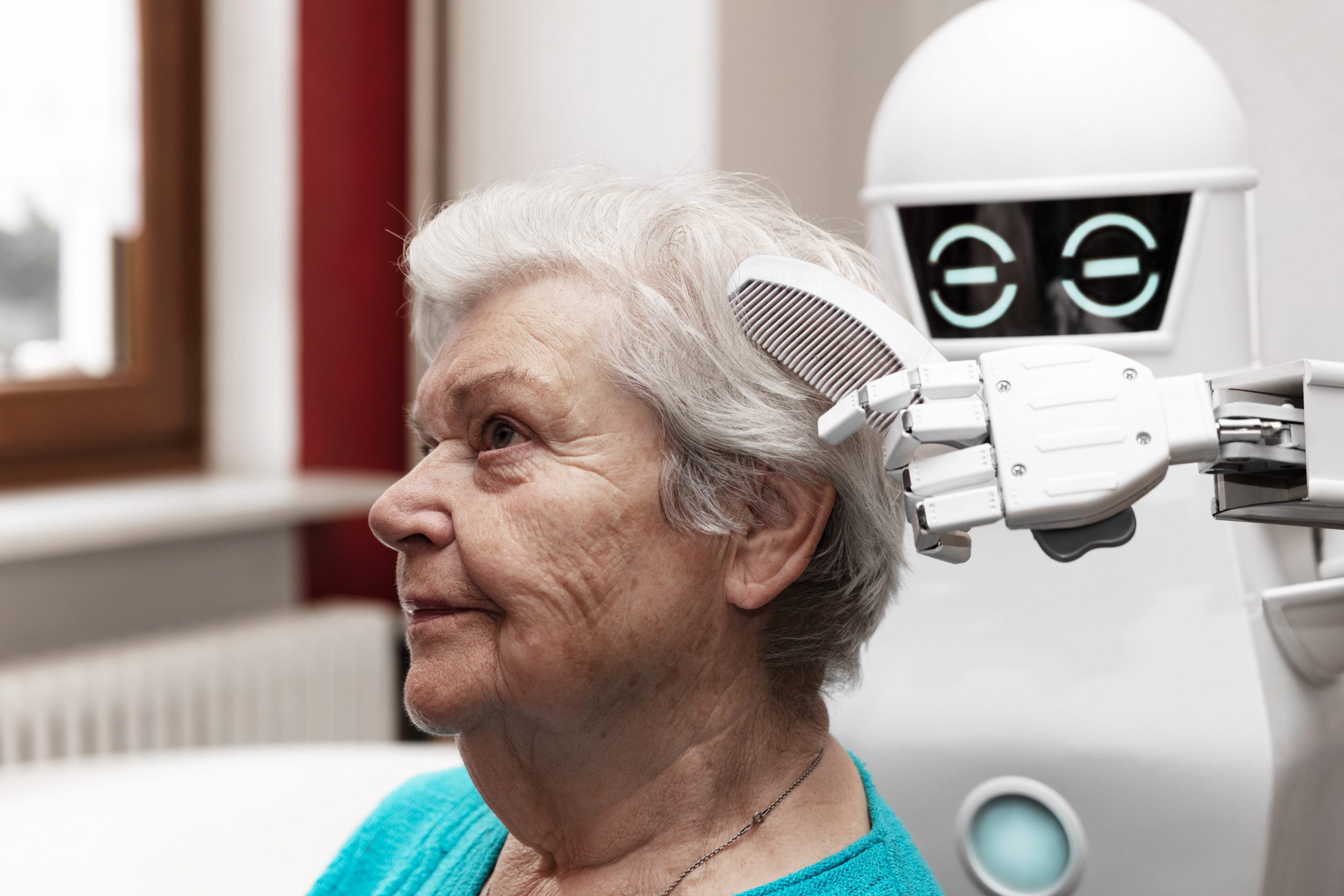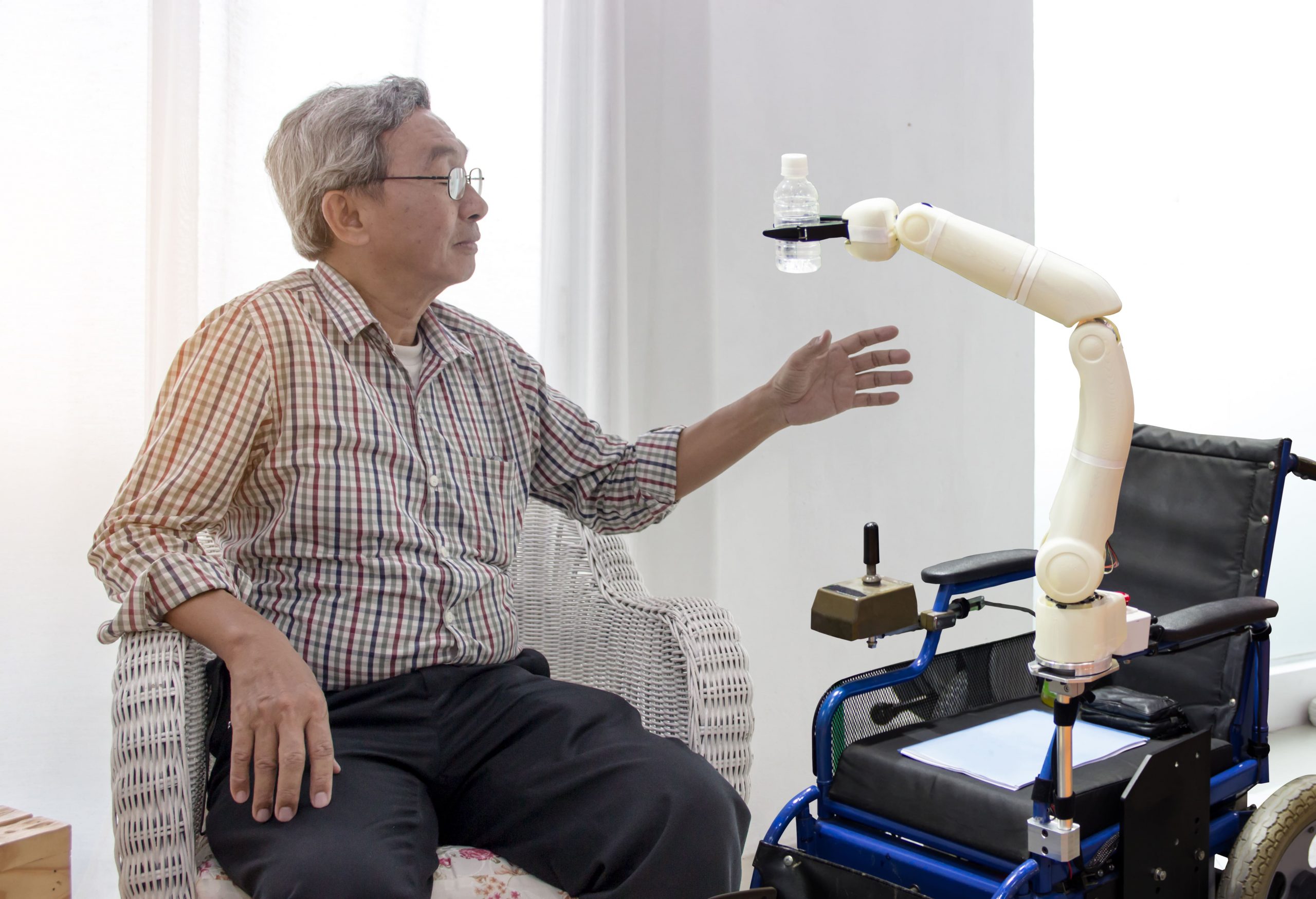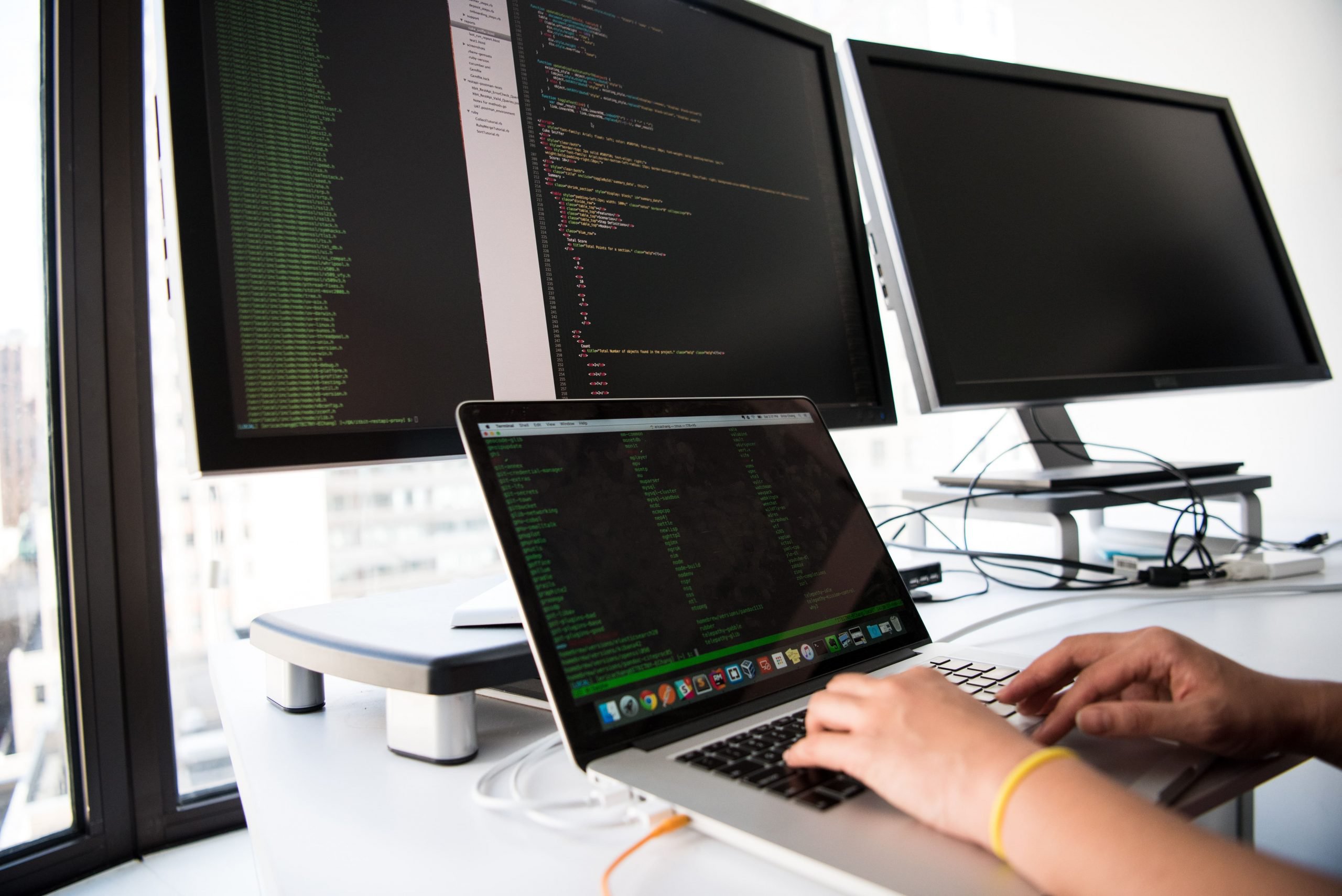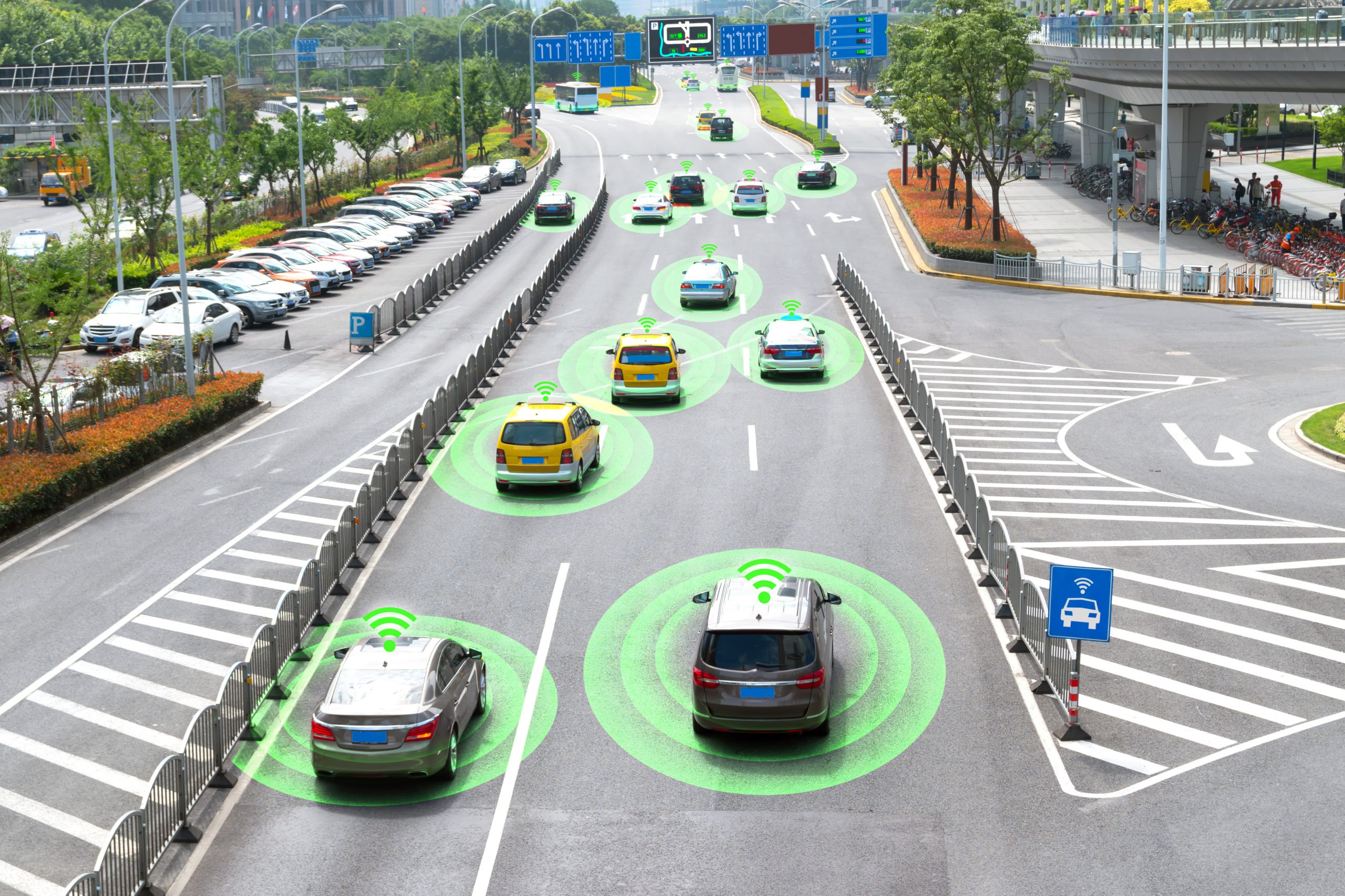Using AI to Help Care for Senior Citizens
As the world’s population gradually becomes older, there is an increasing need to develop new technology to help provide better care for them. In fact, according to a report by the United Nations, there are 703 million people aged 65 and older, a number that is expected to more than double by 2050. Since the population of older adults is growing at such a rapid speed, there are various social, economic, and health challenges that must be addressed. This is an area where AI can be of great assistance since it can help the healthcare system deal with the increased demand for senior healthcare services. In this article, we will take a look at some of the ways AI is helping senior citizens take better care of themselves and maintain their independence.

Providing Companionship
Many senior citizens live alone and the feeling of loneliness can exacerbate some of the medical conditions they are already dealing with. While nurses and caregivers are often compensating for absent family members, these options are becoming more and more limited as the demand exceeds the availability of nurses and other caregivers. AI chatbots can help fill the void by providing some companionship. For example, researchers in Israel have created ElliQ which is a cutting-edge chatbot that is friendly, intelligent, inquisitive, and images people in conversation.
A recent study by the University of Rochester found that people who interacted with a dialogue agent regularly over the course of weeks had stronger sentiments about topics concerned with goals rather than routine activities, as well as stronger self-disclosure for more intimate topics. In order to create such an NLP chatbot, a lot of data annotation is required to prepare the training dataset to understand all of the nuances of human speech. Data annotators would need to classify and categorize text or label certain keywords or phrases to help train the AI system.
Helping Seniors Live Securely and Independently in Their Homes
According to a report from the AARP, 90% of seniors want to stay in their homes as they age. However, the homes of senior citizens often cannot accommodate their individual needs, posing many risks to their safety and wellness. This is why a lot of seniors in the US us various smart home devices to maintain their independence. This includes activity-based sensors that are connected to a smart security system and can trigger alarms and send help for potential break-ins, fires, and unsafe levels of carbon monoxide.
Another interesting feature is using machine learning to understand a senior’s patterns and behaviors. If the system detects a change in their routine, such as the sensor on a medicine cabinet not being triggered when it’s time to take a scheduled prescription, the AI spots this break in the pattern and notifies interested parties via email, text, and/or push notifications.

Pose Detection for Preventive Care
Falls are a leading cause of unintentional injuries and can result in devastating disabilities and fatalities when left undetected and not treated in time. In fact, worldwide, falls are a leading cause of unintentional injuries in adults older than 65 years old, with 37.3 million falls requiring medical attention and 646,000 resulting in deaths annually. Human pose detection can play a key role in elderly care for fast responses and preventing seniors from falling. A lot of studies have been done in Japan to create such pose detection software. For example, researchers at the Toyohashi University of Technology have done extensive research into estimating human poses using deep learning with depth data from twin camera systems in elderly care robots. The technology was able to generate data using computer graphics and motion capture technologies various poses that could signal a potential fall within acceptable reliability levels.
While fall prevention products are still being perfected, there are other products on the market, such as For example, in Canada there is a very useful tool called the AltumView’s Cypress Smart Home Care Alert System that can call for help if a fall does occur. It can also provide a heat map of an area where falls have frequently occurred. This allows the caregiver to take measures, such as removing certain obstacles or blocking access to that location, to prevent similar accidents from happening again.
Trust Mindy Support for Your Medical Data Annotation Needs
Regardless of whether or not your dataset requires trained medical professionals to do the annotation or such work can be done without a medical background, Mindy Support can assemble a team for you to get the job done. Thanks to our skills and expertise, we can help you actually even the most daring and imaginative products. Contact us today to learn more about how we can help you.





